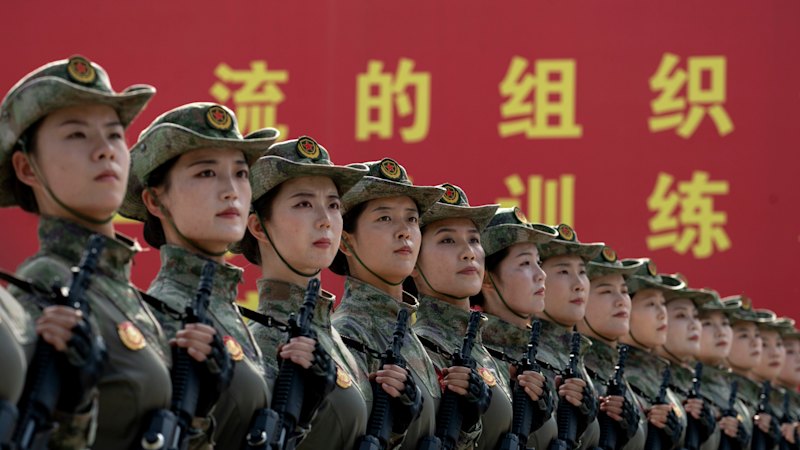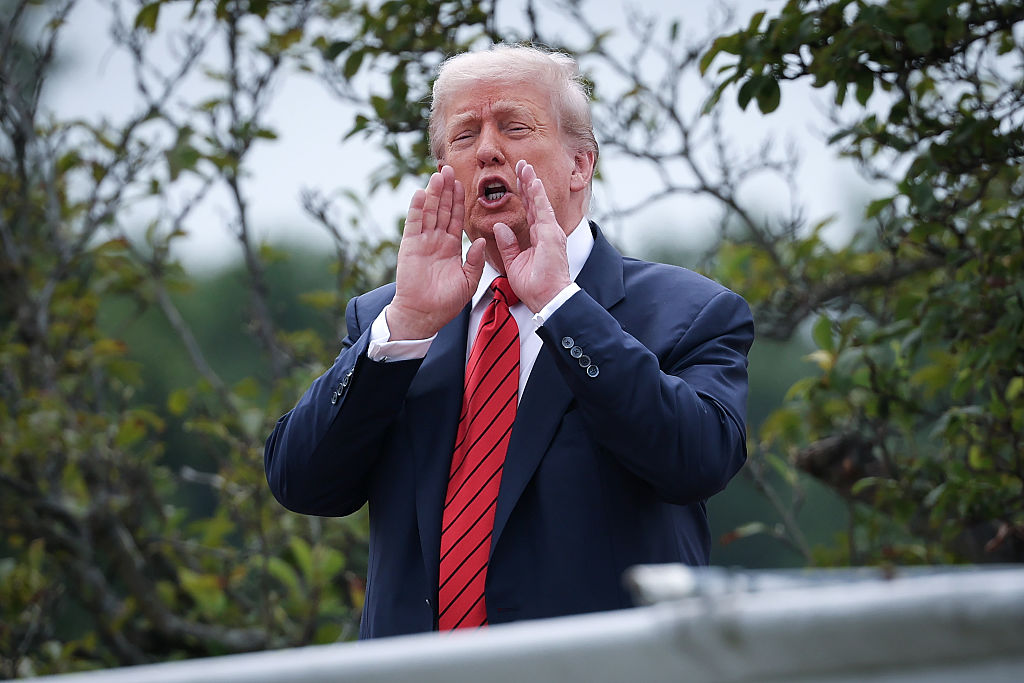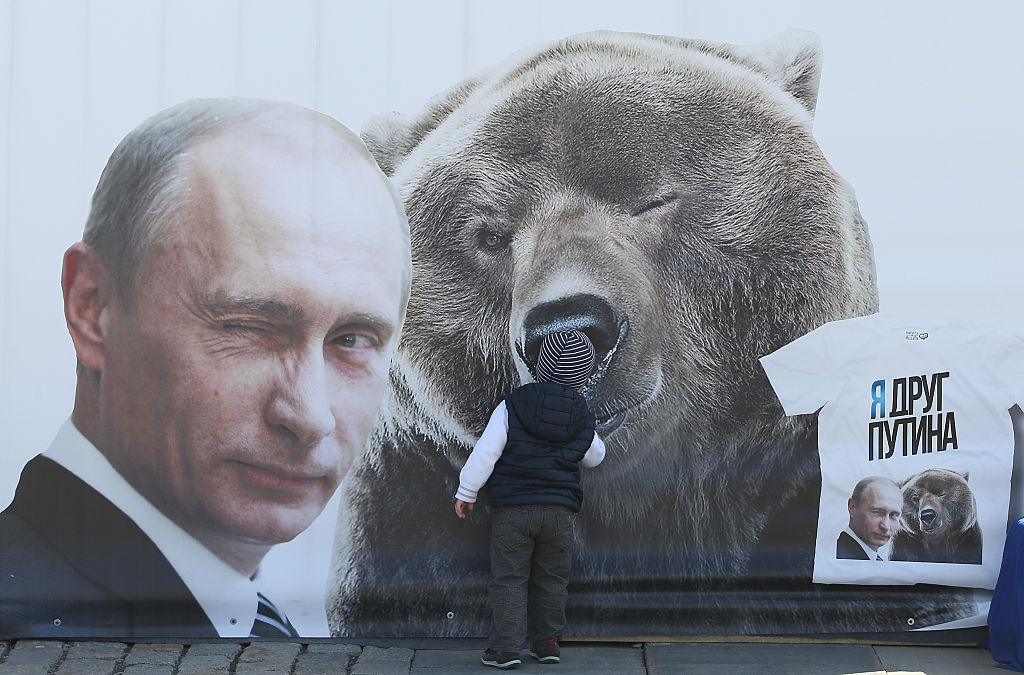
Australia’s former foreign minister, Bob Carr, will travel to Beijing to attend the 80th anniversary celebration of China’s victory over Japan in World War II. This event, which marks a significant moment in history, highlights the deep connections between Australia and China, particularly through their shared experiences during the war.
The victory in 1945 was seen as a triumph for the Allies, especially given the immense sacrifices made by the Chinese during the conflict. Historian John Hirst notes that Chinese forces bore significant losses, with approximately 20 million lives lost while resisting Japanese invasion. The presence of Chinese troops on the front lines also played a pivotal role in diverting Japanese military resources, which, according to Hirst, helped prevent an invasion of Australia.
Historical Context and Diplomatic Ties
As Carr prepares for the celebration, he reflects on his family’s military background, with a father who served in the Pacific and a mother who was part of the army. This personal history has shaped his understanding of the war and its implications for Australian security. The conflict’s ramifications were felt across the nation, influencing labor movements such as the 1938 strike by waterside workers in Illawarra, who refused to load Japanese vessels.
During the war, leaders like Winston Churchill aimed to maintain supply routes to China, recognizing the importance of keeping the Chinese forces engaged. The victory over Japan was not only a key Allied objective but also a pivotal moment for Australia, which had to navigate its relationships with major powers.
Carr’s decision to attend the anniversary celebration comes amid criticism, particularly regarding the presence of Russian President Vladimir Putin. He contrasts this criticism with the acceptance of previous interactions between American leaders and the Kremlin. The complexities of international relations are evident, as the Trump administration shifted the U.S. stance on China from a competitor to an adversary, inadvertently fostering closer ties between China and Russia.
Engagement with Southeast Asia
What excites Carr about this celebration is not only the historical significance but also the attendance of delegations from nine Southeast Asian countries, including Indonesia, Malaysia, and Singapore. These nations appear to be embracing a more pragmatic approach to dealing with China, recognizing its status as a major power. Carr views this as an opportunity to discuss how Australia and its neighbors can engage with China constructively.
In his discussions at two Chinese foreign policy think tanks, Carr will emphasize the importance of fostering sound relationships based on mutual national interests. He plans to reference Prime Minister Anthony Albanese’s recent visit to China, which demonstrated a desire for improved bilateral relations.
Carr believes that China’s assertive behavior in its maritime disputes, particularly with the Philippines, has not yielded any benefits and has instead provided ammunition for its critics. He draws parallels with past U.S. military displays, suggesting that diplomacy should prioritize dialogue over displays of military power.
Ultimately, Carr sees the 80th anniversary celebration not just as a commemoration of past victories but as a platform for discussing a future free of conflict. He believes that recognizing the historical sacrifices made during World War II can serve as a foundation for building a more peaceful and cooperative international community.
As Carr reflects on the significance of this event, he recognizes the profound impact it had on Australia’s historical narrative and its ongoing relationship with China. The commemoration serves as a reminder of shared struggles and the potential for collaboration moving forward.






